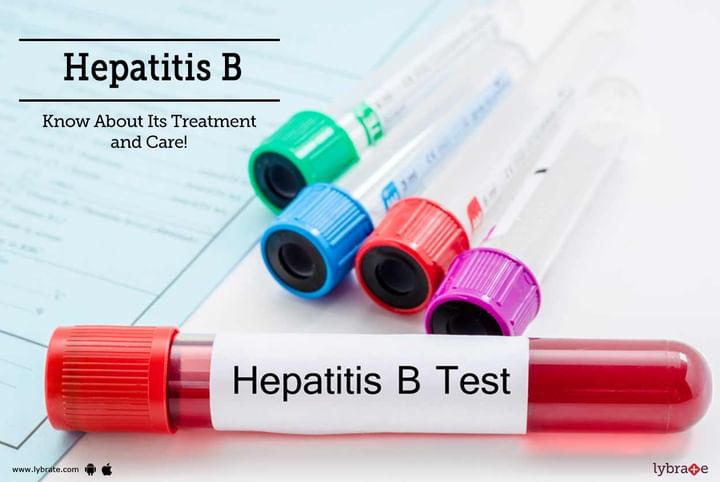Hepatitis B - Know About Its Treatment and Care!
Hepatitis B is a condition that causes inflammation of the liver because of the Hepatitis B Virus (HBV). In India, about one million people are at the risk of being infected with HBV every year. It is unfortunate that this number is huge given the fact that Hepatitis B is a preventable disease. You just need to be vaccinated to stay safe. Untreated Hepatitis B increases the risk of liver failure and liver cirrhosis. Your treatment would depend on whether your Hepatitis B infection is acute or chronic.
Seeing the doctor
If you have not gotten your Hepatitis B vaccine yet, visit your doctor and get your shot of the vaccine as early as you can. When in doubt, the vaccine helps keep you safer.
Common symptoms of the disease include abdominal pain, lack of appetite, darker urine, yellowing of the skin, fever, joint pain and so on. In such cases, take an appointment with a gastroenterologist or a hepatologist right away.
Treatment options
Not all infected people may need treatment. For acute infection which is not long lasting, your doctor might advise you to drink plenty of fluids and bed rest for recovery.
In case of chronic Hepatitis B, the treatment is long-term, depending on how strong the virus is inside the body. Treatment at the right time also prevents you from passing on the infection to people around. The common treatments practised are:
- Letting the virus take its course - bed rest, intake of healthy food and fluids
- Anti-viral medication - prevents multiplication of virus
- Interferon alfa-2b injections – the manmade version of the substance your body creates naturally to ward off infections. This is a quicker way to get healthy and is chosen for people who do not prefer long-term treatments
- Liver transplant – For extreme conditions with severe liver damage
Post-treatment care
No treatment is complete if you are not taking an effort to bounce back to normalcy. Once you have been diagnosed with Hepatitis B, do your bit to make things better.
- Learn the right information about the disease and this way, you can reduce your level of stress and panic
- Be in constant touch with your doctors and follow up as and when required
- Casual contact with friends and relatives will not spread the infection. Do not cut yourself off from the society
- Pick healthier fruits and vegetables, stay away from alcohol, drugs, and smoking and exercise regularly
Know all about vaccinations and get your shots on time. Practice safe sex and do not share intimate items including razors, needles, and toothbrushes. Getting help at the right time will help you recover sooner.
In case you have a concern or query you can always consult an expert & get answers to your questions!



+1.svg)
